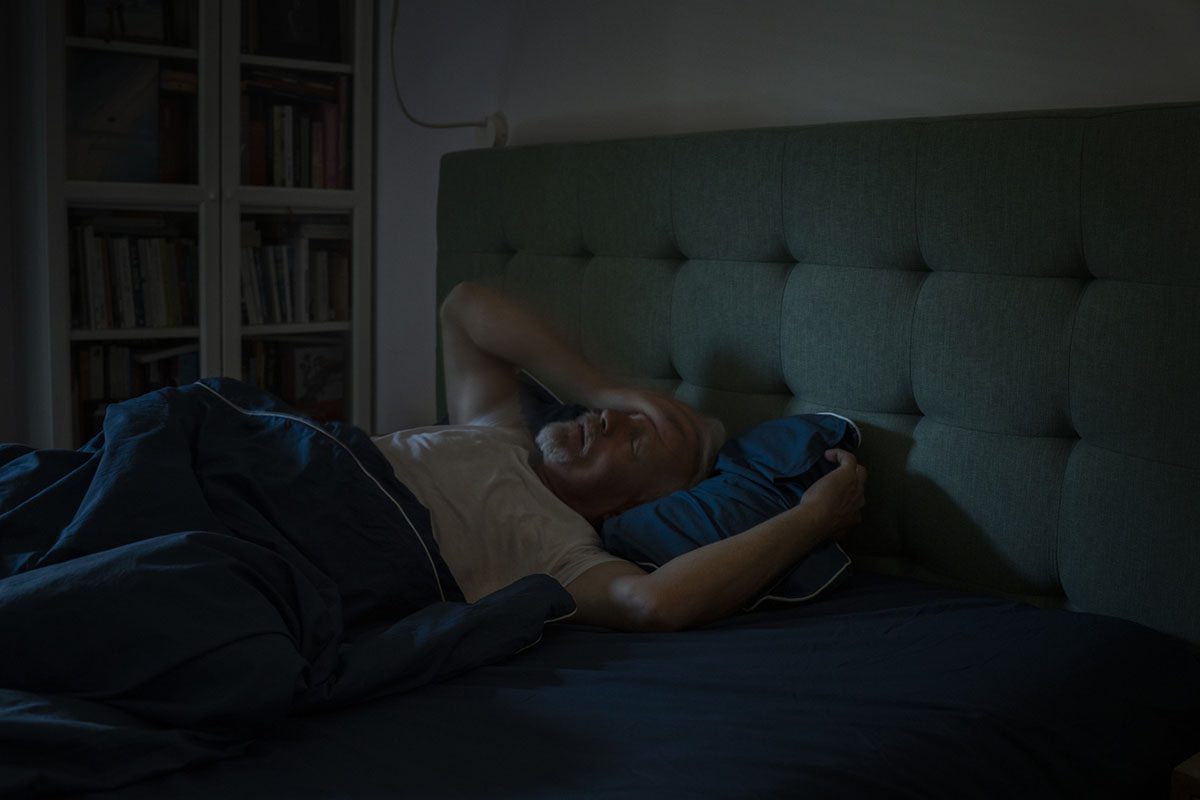Objective: We evaluated the effects of modafinil, a wake-promoting agent, on patient functioning, health-related quality of life, and nighttime and daytime sleep in patients with excessive sleepiness associated with shift work sleep disorder (SWSD).
Method: A 12-week, randomized, double-blind, placebo-controlled study was performed at 31 centers in the United States between February 2001 and March 2002. Adults (N = 278) with excessive sleepiness associated with chronic SWSD (International Classification of Sleep Disorders criteria) were randomly assigned to receive modafinil 200 or 300 mg or placebo, 30 to 60 minutes before each night shift. Effects on patient functioning and quality of life were assessed using the Functional Outcomes of Sleep Questionnaire (FOSQ) and the 36-item Short Form Health Survey (SF-36), respectively. Daily patient diaries were used as a sleep log.
Results: Modafinil 300 mg significantly improved mean FOSQ total score relative to placebo (2.3-point increase from baseline vs. 1.6 for placebo; p < .05). Both doses of modafinil significantly improved mean SF-36 mental component scores relative to placebo (mean changes from baseline of 3.2, 3.7, and 0.7 points in the modafinil 300-mg, modafinil 200-mg, and placebo groups, respectively; p < .05 for each comparison vs. placebo). Modafinil did not adversely affect sleep when sleep was desired or caffeine use. Modafinil was well tolerated. Headache (21.5%) and nausea (12.4%) were the most common adverse events in modafinil-treated patients. Differences between modafinil and placebo for vital sign measurements, physical examination findings, or electrocardiography results were not clinically meaningful.
Conclusions: Modafinil significantly improves functioning and quality of life in patients with SWSD. Modafinil is an effective treatment for excessive sleepiness associated with SWSD.
This PDF is free for all visitors!





